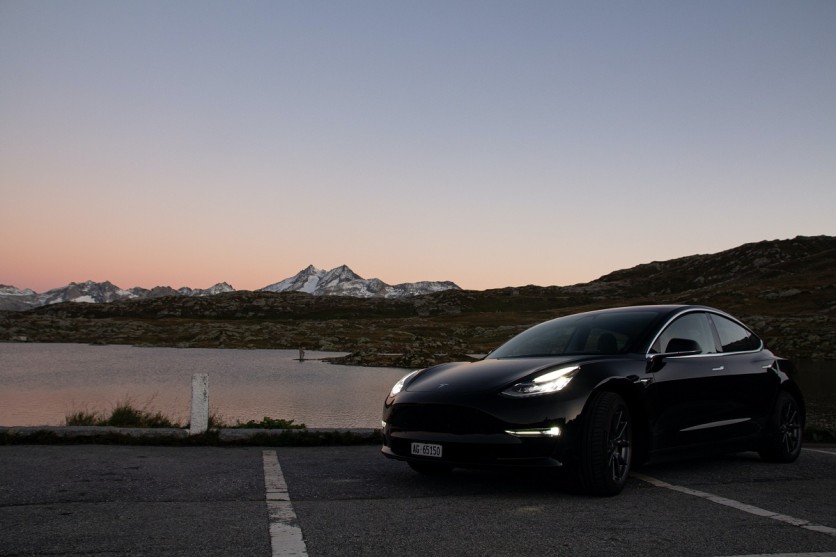Despite a poor market performance in Japan, Tesla CEO Elon Musk confirmed on October 3 that Tesla's Full Self-Driving suite will soon arrive in this Asian market.
A Japanese Tesla owner @Model3teslaJ tweeted on October 3 asking Musk when the FSD suite would make its way to Japan. The tweet says: "Elon, in Japan, we are still waiting for Navigate on Autopilot, Smart Summon, and FSD visualization preview. When will we get all these features?"

The electric automaker's chief simply replied: "Coming soon." While Musk did not say any approximate date of the Japan launch, he still confirmed that FSD would reach the Japanese market in the near future.
Coming soon — Elon Musk (@elonmusk) October 4, 2020
Tesla's FSD is one of the world's most advanced driver assistance systems. While the semi-autonomous or self-driving software is relatively new, some of its features are not approved in some overseas markets. Tesla must modify its FSD software and Autopilot since traffic rules and laws are different in other countries to ensure drivers are safe from traffic violations.
In fact, Tesla's international launch of the FSD suite has been long delayed since the company still figures out the right features in each market. "Very important to make sure this is done right," said Musk as he talked about the postponed FSD suite release.
Why Tesla has not yet conquered the Japanese automarket?
Interestingly, after 10 years since Tesla first reached Asia, the automaker has become a major player in this the Asian market, particularly in China. However, it still failed to penetrate the Japanese car market.
Unlike in China where Tesla has already established itself in the Chinese EV market, the American automaker remains an underdog in Japan, the world's third largest car market.

In 2019, Japan's sales are just a minuscule share of the Tesla's 367,500 total cars delivered. The company did not even mention the exact figure of its sales in this country, Peter Lyon's sources estimate that Tesla sold less than 1,300 units in Japan, which is just a dot in the country's 5.2 million total number of cars sold. Tesla's 2019 sales does not even reach to a month's sale of Nissan LEAF, the country's biggest selling EV, which had an average monthly sale of 1,650 units.
Tesla's poor sales in Japan may be due to its a small dealer network, limited brand recognition as well as the company's car servicing capacity. The country's obsession with hospitality-centric shopping is conflict of Tesla's direct-to-customer model.
More importantly, the Japanese car market is apparently resistant not just to Tesla, but to all foreign brands. In 2019, Japan's top 10 car brands were all Japanese. Compared to Toyota's 1.5 million sales, Mercedes only sold less than 67,000 units.
However, 2020 may be better for Tesla as Model 3 remains the Japan's fifth most popular EV as of May with 376 units sold. All the top four brands, of course, are all Japanese with Nissan Leaf leading the pack. Toyota Prius PHEV ranks second while Mitsubishi Outlander PHEV and Minicab MIEV gets the third and fourth spots, respectively.
Meanwhile, the other Asian markets are doing well for Tesla. In China, Tesla's Q2 revenue of $1.4 billion is already more than twice than its 2019 sales and comprises more than 23% of the its revenue. Similarly, Tesla had its highest monthly sale in South Korea with 2,827 vehicles in June. In the first four months of this year, EV sales increased by 40%, a trend mostly attributable to Tesla. A hive of activity can also be found at Tesla sales and service centers in Taiwan, Hong Kong and Macao.
This is owned by Tech Times
Written by CJ Robles
ⓒ 2026 TECHTIMES.com All rights reserved. Do not reproduce without permission.




